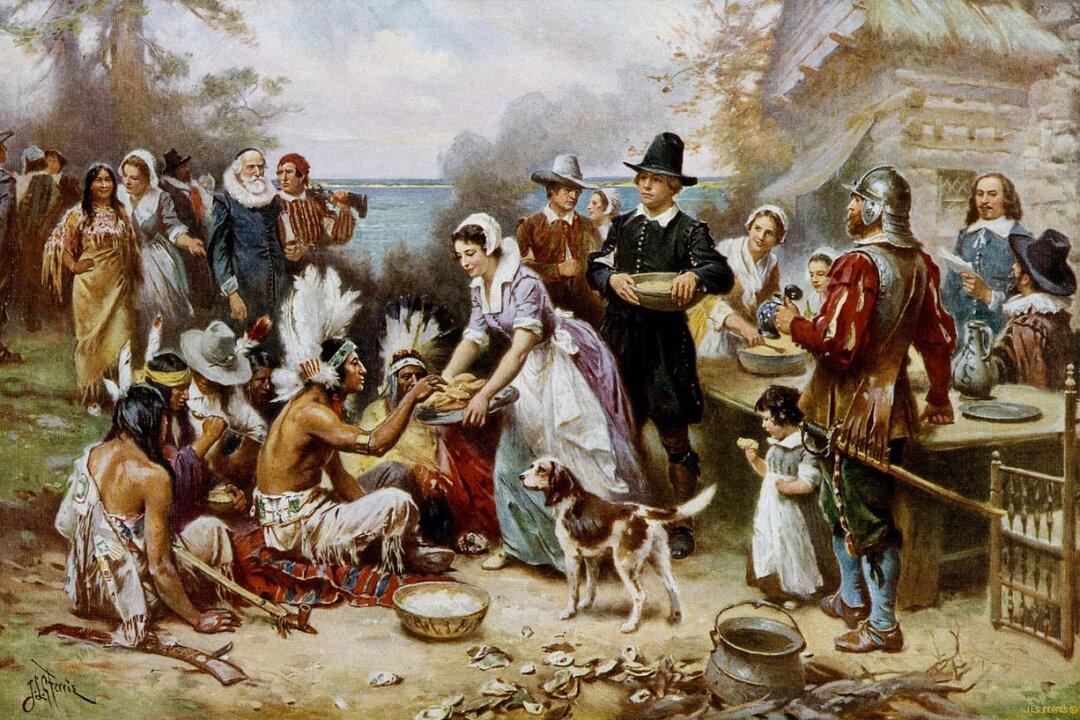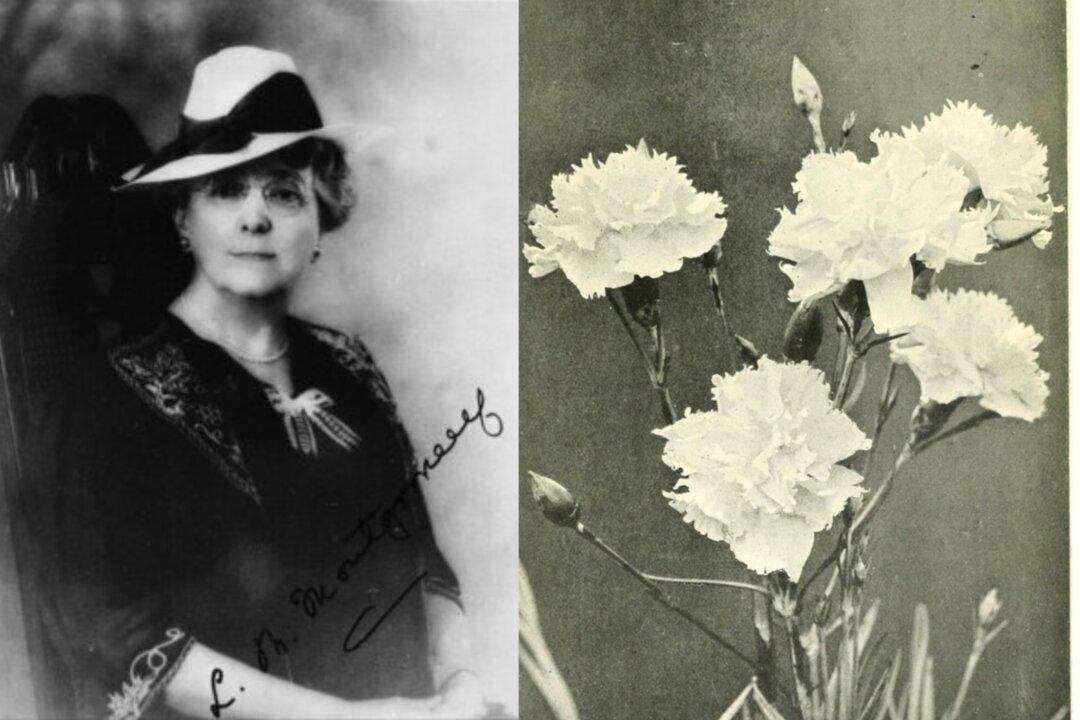Every year, during the last Thursday of November, we exclaim: “Happy Thanksgiving!” This wish conveys the hope, fellowship, thankfulness, and kindness of the season.
However, this kind, annual wish was not started during a feast between the Indians and the first Pilgrims, as is typically depicted. The “First Thanksgiving” that is usually celebrated and taught is actually based on a fictional story written in 1895 by Jane G. Austin in her work “Standish of Standish: A Story of the Pilgrims.”






